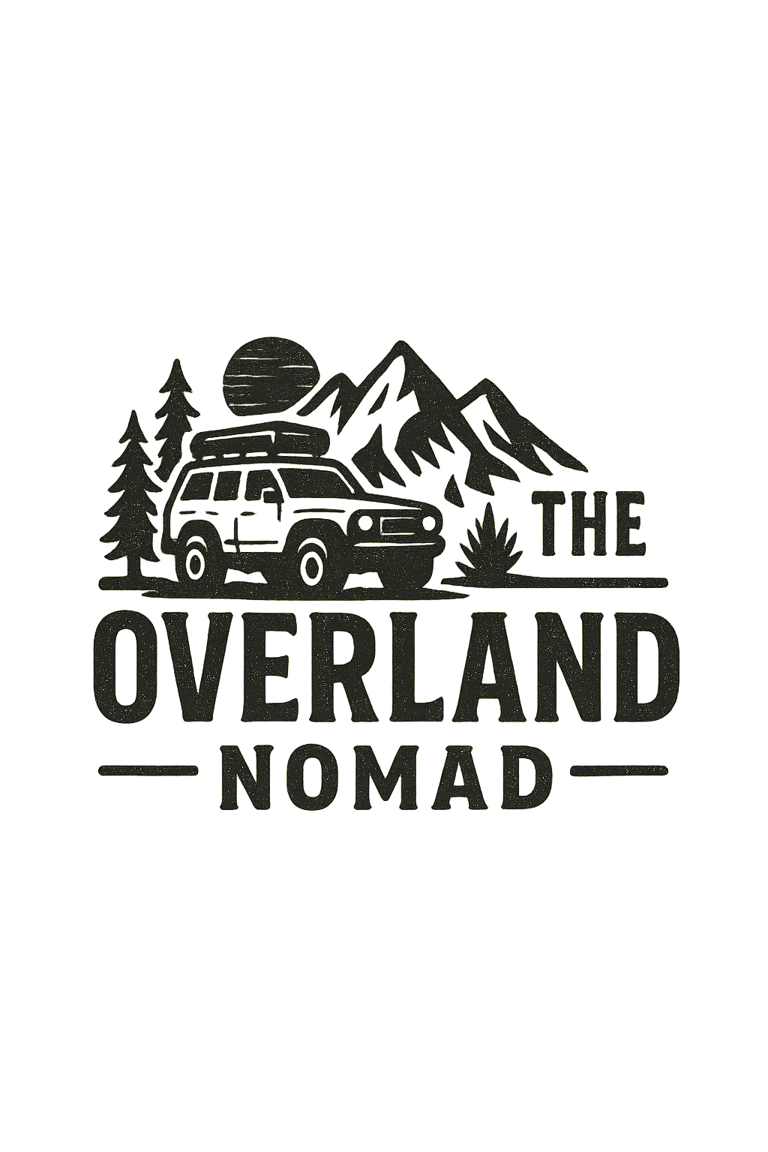Overlanding 101: The Ultimate Beginner’s Guide to Off-Grid Adventure
New to overlanding? This beginner’s guide covers everything you need to start your off-grid adventure—from vehicle setup and essential gear to trip planning tips. Start your overlanding journey with confidence.
LOGBOOK
5/27/20252 min read


Ready to escape the beaten path and discover the freedom of self-reliant travel? Welcome to overlanding—where the journey is the destination.
Whether you're drawn to the idea of living out of your vehicle, exploring remote wilderness areas, or just want to disconnect from the grid, this guide will walk you through the basics of overlanding, the gear you need, and how to plan your first trip with confidence.
What Is Overlanding?
Overlanding is self-reliant vehicle travel to remote destinations where the primary goal is the journey itself—not just the destination. It combines off-road exploration, camping, and often long-term travel, all while living out of your vehicle.
Unlike off-roading, which focuses on conquering technical terrain, overlanding is about the blend of driving, camping, and self-sufficiency. Think of it as the perfect fusion of road-tripping and backcountry camping—only with beefier tires.
Why Choose Overlanding?
People are drawn to overlanding for many reasons, but the most common are:
Freedom – Travel on your own terms, at your own pace.
Connection with nature – Access stunning, off-grid locations far from crowds.
Self-reliance – Build skills in navigation, survival, and vehicle maintenance.
Adventure – Every day on the trail brings new challenges and discoveries.
Whether you’re looking for a weekend getaway or a months-long expedition, overlanding offers a unique way to explore the world beyond cell towers and city limits.
Essential Gear to Get Started
You don’t need a fully built-out rig to get started. Here’s the beginner-friendly gear checklist:
1. Reliable Vehicle
You don’t need a $100K rig. Start with what you have and slowly build as you learn. AWD or 4WD is ideal, especially if you’ll encounter rugged terrain.
2. Sleeping Setup
Rooftop tent or a sleep platform in your SUV/truck
Good sleeping bag or insulated bedding
3. Cooking Gear
Portable camp stove (like the Jetboil or Coleman Classic)
Compact kitchen kit
Cooler or portable fridge
4. Navigation & Communication
Offline GPS apps like Gaia or OnX Offroad
Paper maps as backup
Emergency beacon or satellite messenger (like the Garmin inReach)
5. Safety & Recovery
Recovery gear: traction boards, tow straps, shovel
Planning Your First Trip
Start simple. Choose a nearby national forest or public land with well-maintained roads.
Pick your route: Use Gaia GPS or OnX to map trails and campsites.
Know the rules: Learn about dispersed camping regulations. Start with the National Forest Service.
Pack light: Bring what you need, not what you think you need.
Test at home: Do a backyard camp-out to get familiar with your gear.
Beginner Mistakes to Avoid
Overpacking: Your vehicle is your home, not a storage unit.
Neglecting recovery gear: If you get stuck without a plan, your trip ends fast.
Poor water planning: Always bring more than you think you’ll need.
Not telling someone your plans: Always let a friend or family member know where you’re headed.
Where to Learn More
As you get into overlanding, you’ll find an amazing community and plenty of resources to learn more:
YouTube Channels: Ronny Dahl, Overland Bound, Expedition Overland
Books: Overland Prep by Overland Journal, How to Live in a Car, Van, or RV by Bob Wells
Forums: Expedition Portal, Overland Bound Community
And of course, bookmark The Overland Nomad—your go-to resource for gear reviews, tips, and route guides.
Final Thoughts
You don’t need a lifted truck, a rooftop tent, or years of experience to begin. Overlanding is about learning by doing, embracing challenges, and getting closer to nature.
So load up the cooler, grab a map, and start your journey. Adventure is calling—and now you know how to answer.
